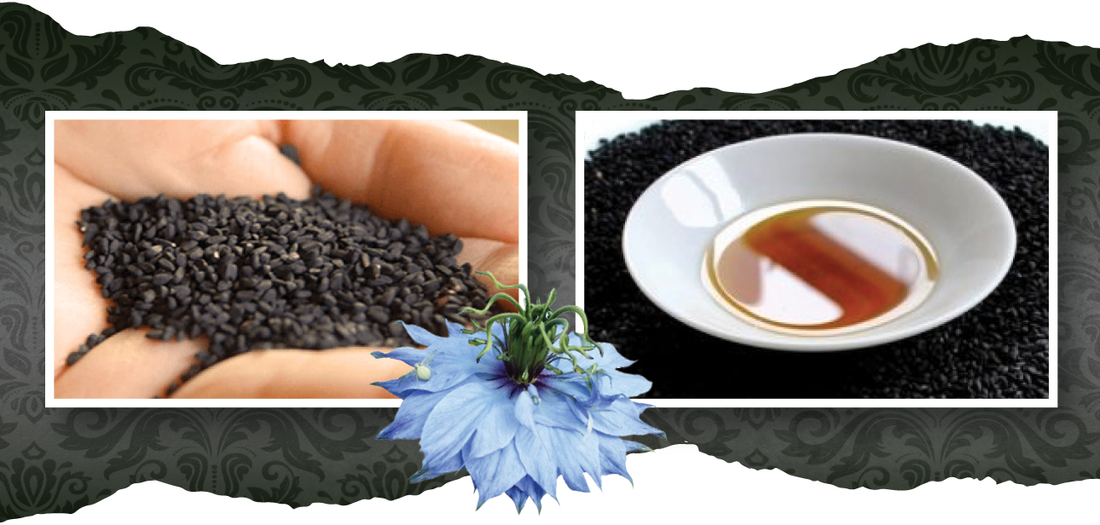Black Seed Honey

An Award Winning International Brand

Black Seed Honey
Give your customers a summary of your blog post
Give your customers a summary of your blog post
Give your customers a summary of your blog post
Give your customers a summary of your blog post
Give your customers a summary of your blog post
Give your customers a summary of your blog post
